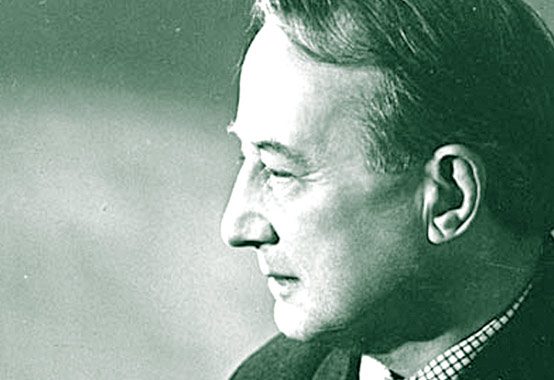Oakeshott and the Academy

Kenneth McIntyre has provoked considerable discussion with his review of Gene Callahan’s Oakeshott on Rome and America. And rightly so: Oakeshott’s critique of “rationalism” poses a serious challenge to cherished assumptions about our rhetorical tradition, Constitution, and contemporary political practice. From Oakeshott’s perspective, contemporary American political discourse is dominated by a priori deduction from first principles about liberty, rights, or the function of social institutions, rather than reflection on lived experience. McIntyre counters:
I think there are two distinct sets of conclusions to take away from the book. First, the academic conclusion would be that a new approach to American political history and political thought is necessary. The first order of business will be to devise a more adequate periodization in which it is acknowledged that today’s U.S. constitutional arrangement has about as much to do with that of either 1785 or 1805 as the contemporary British constitutional arrangement has to do with its 18th-century “mixed constitution” ancestor. There have been at least four distinctive American republics, if not more, though, unlike the French, we don’t normally rip up our document and start over when we change constitutions.
Academic historians of American political thought should eschew hagiography and pay attention to what the participants actually say, why they say it, and how far what they say differs from the actual political and social reality of their time. Leave the hagiography to the journalists and focus on the historical meaning of various utterances and actions and the connection between such meanings and the self-conceptions (largely mythical) of Americans contemporary to the subjects of study.
These are reasonable guidelines for a non-ideological history of American politics. I am puzzled, however, by McIntyre’s suggestion that academics are not already trying to satisfy them.
First, there’s nothing novel about the idea that America has experienced periodic “refoundings”. On the contrary, it’s something of a commonplace among scholars of American political development. Consider the standard textbook, The Presidency and the Political System. In Chapter 3, Marc Landy and Sidney Milkis argue that Jefferson, Jackson, Lincoln, and FDR each introduced revolutionary interpretations of the Constitution, particularly the role of the executive. So the Oakeshottian criticism of “constitutional fundamentalism” may be right. But there’s little evidence of that view in contemporary history or political science scholarship.
Similarly, I see little hagiography in the recent literature on specific figures. On the contrary, the great achievement of Bernard Bailyn was to inspire a generation of students who have attempted precisely to “pay attention to what the participants [in American history] actually say, why they say it, and how far what they say differs from the actual political and social reality of their time.” Even popular studies, such as Richard Brookhiser’s James Madison (see my review here) make a point of presenting the founders as practical politicians working in specific contexts, rather than as quasi-divine oracles.
Admirers of Oakeshott should welcome these developments. So should critics of his political philosophy who care about historical understanding. Fortunately, the intellectual prospect is much more favorable than McIntyre indicates. The real challenge is to move effectively from the world of ideas to empirical politics.
Comments